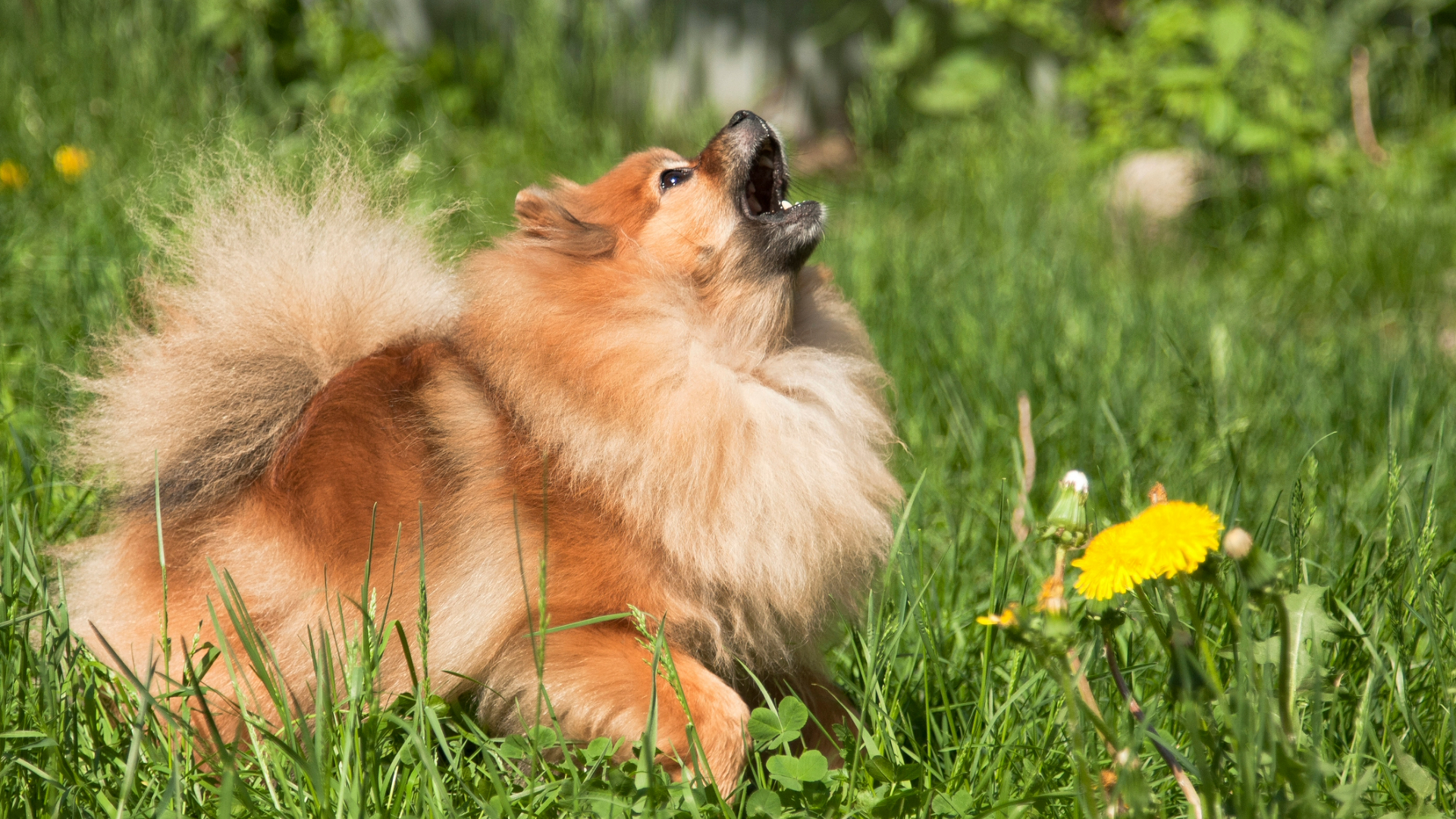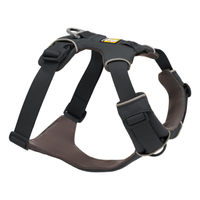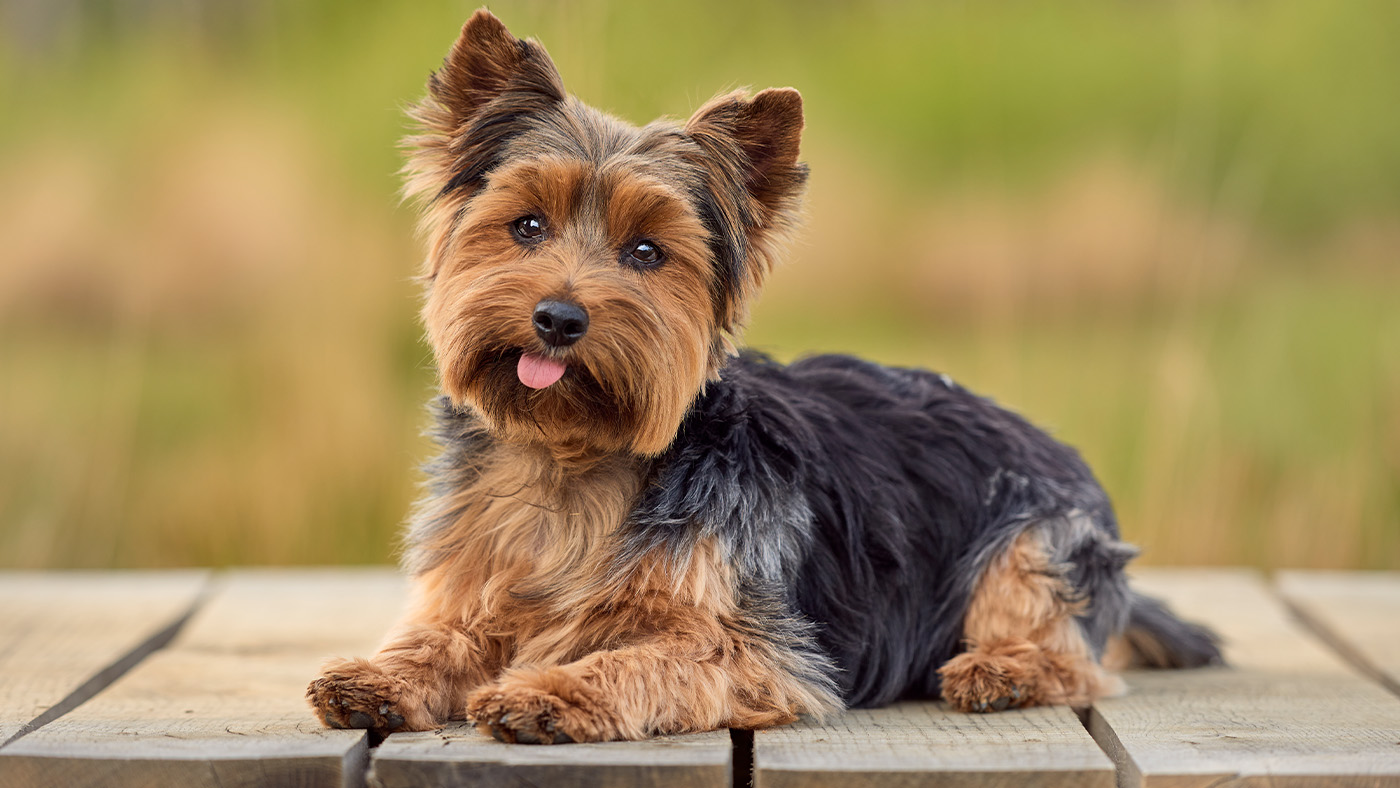Exhausted by your dog’s reactive behavior? These 3 simple tips from a trainer are here to help
Owning a reactive dog is hard work - but these tips will make training a little bit easier.

Anyone with a reactive dog will know how challenging they can be to manage. If your pooch overreacts in certain situations (like meeting other dogs or seeing certain objects), then you might be left feeling isolated and like you can’t leave the house.
It's important to know that you're not alone and many pet parents have felt this way before (including us!) There are lots of ways that you can help curb this behavior, like giving them the best dog treats as a distraction or learning more about dog body language.
Renee Rhoades, an applied animal behaviorist, has shared three brilliant tips in her recent Instagram post that are a great place to start. She's brought things back to basics and rounded up three core tips that you can apply in every situation. Get your notebook and pen ready to take some notes - these are worth saving for later:
A post shared by Renee Rhoades, Qualified Canine Behaviorist (@r.plus.dogs)
A photo posted by on
1. Comfort is key
Before you get started on your training journey, ensure your dog is comfortable. To do this, Renee recommends using a Y-front harness and the longest leash possible. If you can't decide on the best dog harness to buy, we've rounded up our favorites in this helpful guide.
She says: "Comfort is a prerequisite to learning. Think about a time when you were trying to learn something and for some reason you were physically or mentally uncomfortable. Were you able to be present and absorb the information? No. Why would this be any different for your dog?"
Ruffwear Front Range Dog Harness
Not only is this harness padded (making it super comfortable for your dog), but it's also got a reflective trim for added safety. If your pup likes to pull, you can clip them by the chest - but there's also a ring in the center for everyday use.
2. Take a break from triggers
PetsRadar Newsletter
Get the best advice, tips and top tech for your beloved Pets
You don't need to expose your dog to their triggers every time you go for a walk. Techniques like counterconditioning can be super effective, but Renee explains that your dog's nervous system needs a break from it at times.
She says: "Every outing does not need to be a trigger-focused outing. In fact, it's better if your dog has opportunities to be in an environment without the threat of triggers. It is incredibly important to avoid reactions as much as possible. Management and avoidance are a key part of every therapy plan I construct."
3. Change one thing at a time
If you're not seeing results with your current training plan, you might be tempted to scrap the entire thing and change everything you're doing. However, Renee suggests changing one thing at a time - that way you'll know for sure if it's right for you and your dog.
She says that it can take up to two weeks of consistency to really see the results, so it's worth hanging in there before making major changes.
She goes on to say, "If you change too many things at once, it's likely you'll end up confused about what prompted positive behavior change when you see it. So when something shifts again in your dog's behavior, you don't know what to modify because so many things were modified before."
Want more advice like this? Check out these features on how to calm a reactive dog and how counterconditioning can help your reactive dog and increase your bond.

Megan is a Staff Writer at PetsRadar, covering features, reviews, deals, and buying guides. She has a wealth of experience caring for animals, having grown up with dogs, cats, horses, guinea pigs, and more throughout her life. She studied BA Journalism at the University of Westminster, where she specialized in lifestyle journalism and was editor of Smoke Radio’s lifestyle website. Megan works alongside qualified vets and accredited trainers to ensure you get the best advice possible. She is passionate about finding accurate and helpful answers to your pet-related questions.

